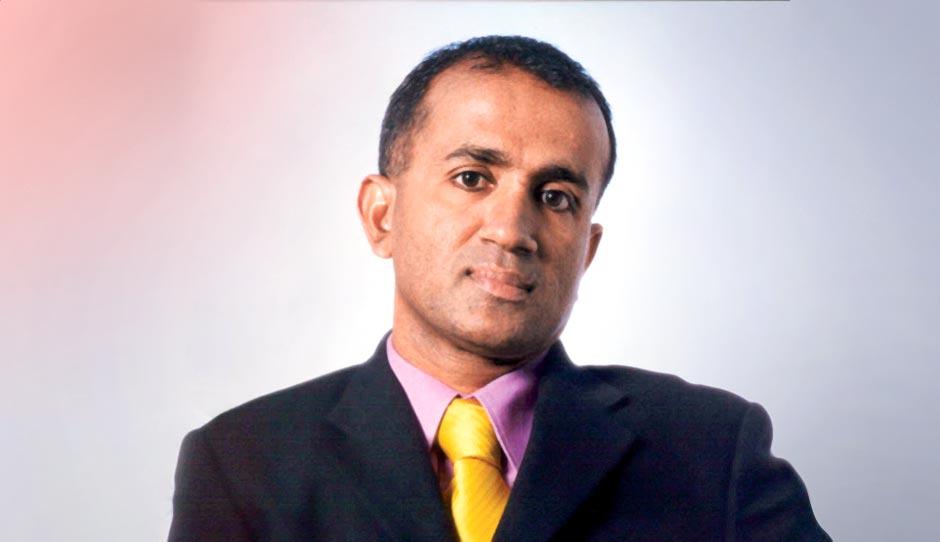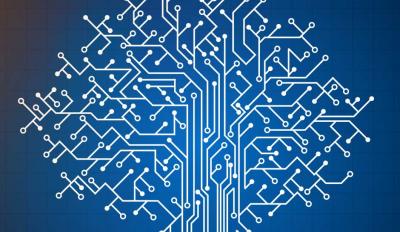Why India Needs its Own Economic Model
- BY Shreyasi Singh
 In Apps & Tools
In Apps & Tools 12587
12587 0
0

In his book, “Consumptionomics: Asia’s Role in Reshaping Capitalism and Saving the Planet”, Chandran Nair, a Hong Kong-based author and environmental consultant, says countries like China and India can’t afford to go the western-style consumerism way. “India needs more cars like I need a hole in my head,” says Nair, as he explains why hugely populous countries can’t work with an economic model that is primarily aimed at greater consumption , and underprices natural resources to do so. MYB caught up with him on the sidelines of the MaD Forum, an annual gathering of young social-change agents in Hong Kong. Here are a few excerpts.
How can Indian businesses create the huge number of jobs we need, without going down the industrialisation route?
In the book, I argue that if we accept the current economic model as the only way to create jobs, then we will go down the industrialisation route. The industrial model of the West, which China has adopted, is essentially premised on underpricing resources, which, in turn, undermines rules. Public policy needs to be shaped by understanding that in the world’s most populous countries, we cannot subsidise costs. I’m calling for a game-changer approach, for public policy to figure out what we mean by jobs. In the Indian context, I really don’t think that having more Indians in the factory is going to be good for India. Does that mean we don’t have industrialisation? Of course not. I’m not advocating utopian foolery. But let’s first acknowledge constraints and understand the price of resources.
In India, economic activity needs to be based on hygiene, public health and education.” —Chandran Nair, author and environmental consultant
What are the sectors that India can look at—to tweak the economic model, and make it right-fit for us?
What do India and China need most? The most basic human right, that is not got through the ballot box is the right to safe, secure food. That should be the economic basis for development of a nation. Food production in most of our countries is a combination—mass industrial agriculture, chemicalisation of the food chain, and essentially, underpricing the labour of the farmer. The farmer is today the slave. But I think the Asian economy of the 21st century will not comprise computer nerds working on software. It will be the knowledge worker—the farmer, who is well educated and who will be well paid. Food today is underpriced to keep the urban elite from becoming restless. When you start changing that, you start changing the whole economic model because if food has to be less industrialised and less chemicalised, it will have to be dependent on water supply (therefore, the farmer becomes the steward of natural systems). Then, you have to protect top soil, watersheds and social nets. These services are not at all incorporated in the economic models of the West because in the West, the whole desire was for a small number of people to consume as much as possible. I think there is a huge opportunity to look at food as an economy.
You’ve praised China’s ability to pull people out of poverty, but it did so by rapid industrialisation. Why shouldn’t India?
I’m not suggesting that India follow China although there are certain things in the Chinese model that may be part of the solution to dealing with constraints. But the Chinese haven’t done the best job. Yet, at least, they are absolutely aware of the constraints, and if they so want to act on it, they can. For example, the Chinese have done a brilliant job of reversing urbanisation. The notion that urbanisation is an inevitable human destination is wrong. In the last few years, the Chinese have figured that they can’t just make things for the West and have millions of Chinese go to the cities to make things. They’ve realised they need to do things right at home, and what they would always need is food. As a result, they have made amazing infrastructure in the rural areas: first class roads, first class airports. They have realised the hinterland needs first-world infrastructure so people don’t need to go to cities for jobs.
For India, it’s clearly the infrastructure in the rural areas that needs to be improved, and offers a huge opportunity. In India, economic activity needs to be based on hygiene, sanitation, public health and education. If those priorities become public policy, it transforms economic activity.





























Add new comment